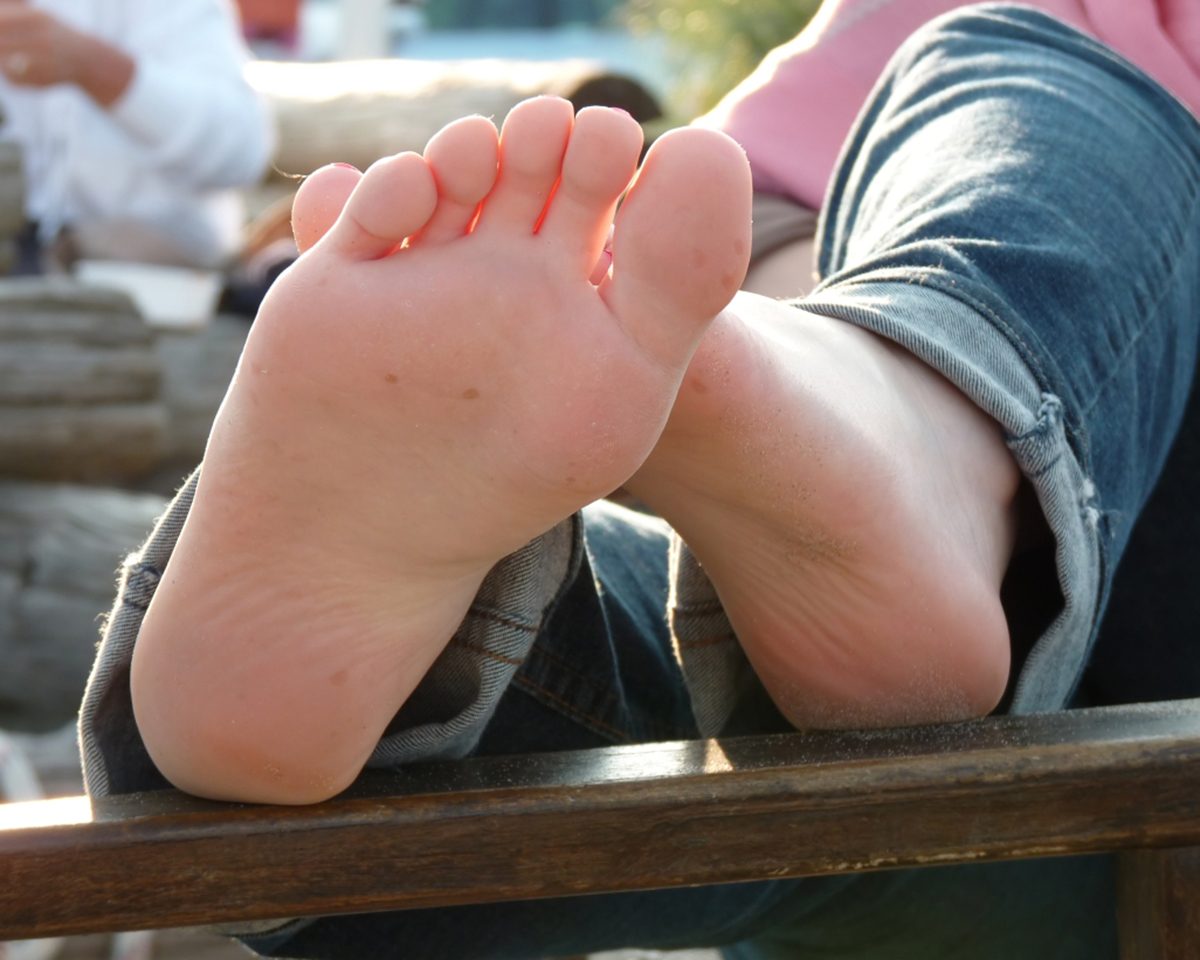
Benefits of walking
Several studies conducted in the United States that were focused on the effects of walking have shown extraordinary results. It is extraordinary how something as simple as walking can have so much benefit on the overall health. According to those studies, regular working for purposes of exercise improves health in many ways and significantly reduces the risk of some serious diseases, including cancer and coronary disease.
Walking is particularly beneficial for seniors. Apart from having positive effect on overall health and prolonging life span, walking has many short-term benefits. For example, it regulates weight, blood sugar levels and cholesterol. Fast walking burns significant amount of calories and contributes greatly to any weight-loss diet program.
Walking also improves circulation and cardiovascular health. It increases heart rate and improves oxygen flow, and it also keeps small blood vessels in good shape.
In addition, walking is an important part of recovery from many conditions and injuries, including heart attack.
Psychologically, walking has positive effect on well-being and it reduces anxiety, stress and even depression.
Tips for walking
Before starting any exercise regime, including walking, it is recommended to consult the personal physician who will determine if certain type of exercise is suitable for that particular individual.
Warming up is very important. Stretching all muscle groups and tendons in legs and feet before a walk prevents possible injury.
The next step is to choose proper footwear. This is basically the only expense of walking as an exercise. Shoes should be even and balanced, well-cushioned, comfortable enough to allow wiggling of the toes but firm enough to keep the foot in place without shifting sideways. When shopping for shoes it is advised to try them on in the afternoon when the feet are more likely to be swollen. That way there will be no surprises later on.
Seniors who take up regular, brisk walking are advised to pay attention to their feet and ankles and examine them thoroughly for any sign of injury or trauma. Even the slightest problem can turn into a serious complication. In case of any redness, spotting, numbness, and pain it is recommended to see a physician.
The most foot-friendly ground for walking is grass or an even dirt path. Sidewalks and other concrete-covered surfaces can be too hard, especially for elderly whose fat pads and bones are not what they used to be. Shopping malls, indoor walking tracks and similar facilities are suitable too.
It is recommended to avoid walking in cold weather. Cold can cause numbness and in addition, the ground is harder when it is cold.
People who have diabetes should be extra careful. Because they are more prone to infection they should examine their feet carefully because even a simple blister can lead to serious complications.



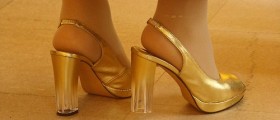
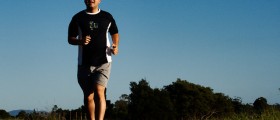


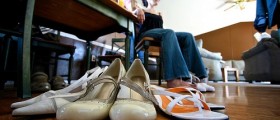
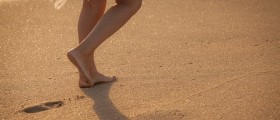
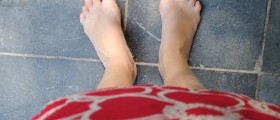
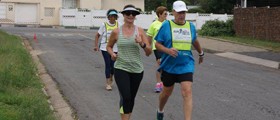
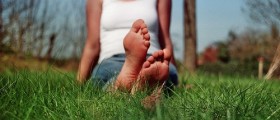
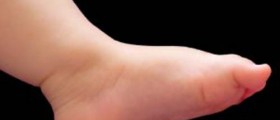

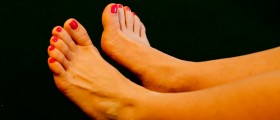


Your thoughts on this
Loading...